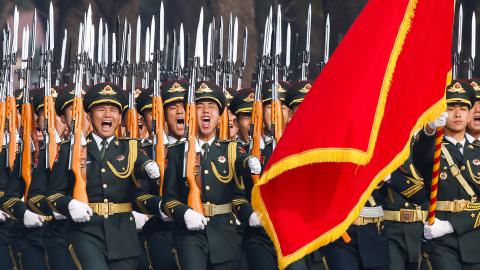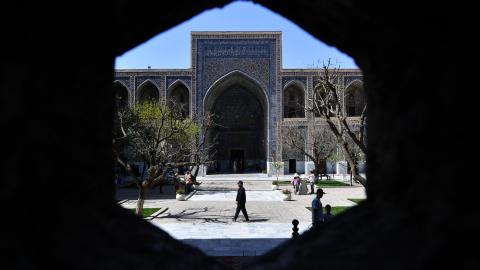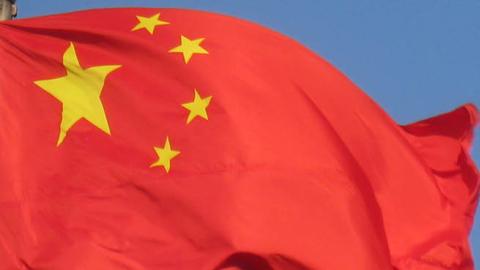The article offers an interpretivist analysis of China’s coexistence approach to developing the Responsibility to Protect norm concerning atrocity crimes against civilians. The English school’s concept of great power legitimacy through coexistence is a central characteristic of its international society description of the international realm. The article uses an interpretivist approach to show how China’s coexistence foreign policy tradition was challenged by the liberal internationalist agenda of a Responsibility to Protect norm on atrocity crimes against civilians. The emergence of an alternative Chinese Responsibility to Protect concept coupling a state-centric and a people-centric approach with its focus on political and economic capacity-building of existing domestic institutions allowed China to position itself as a legitimate lifeline of liberal international institutions. The article shows how an illiberal state can become a prominent upholder of central institutions of the post-World War II liberal international order.

Caption
Chinese People's Liberation Army honour guard members march during a welcoming ceremony at the Great Hall of the People on November 12, 2025, in Beijing, China. (Getty Images)



















